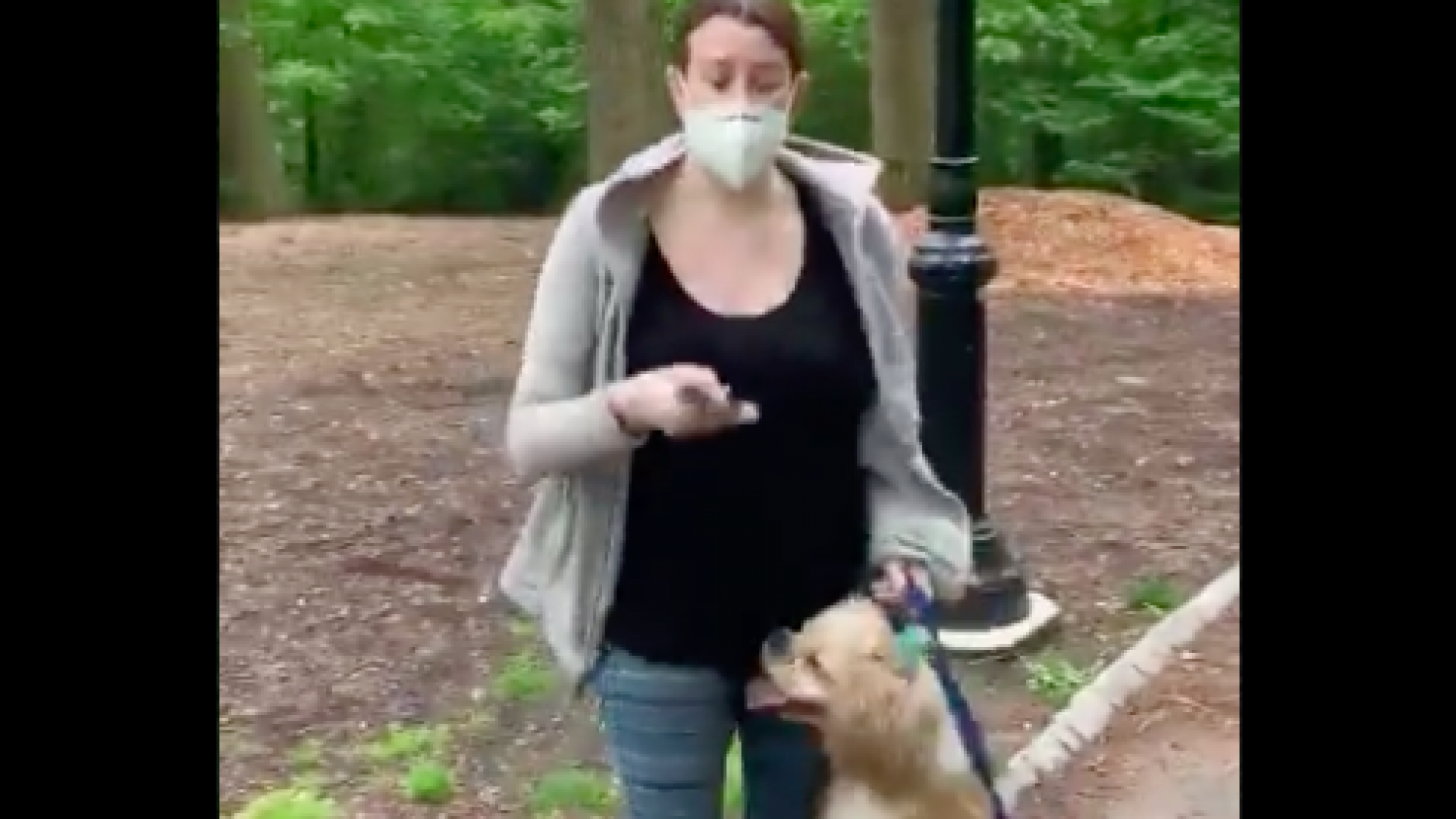
San Francisco supervisors on Tuesday voted unanimously to pass the Caution Against Racially and Exploitative Non-Emergencies (CAREN) Act, which, if passed into law, would make it illegal for white people to call 9-1-1 just because a Black person dares to exist in ways that make them uncomfortable.
“The CAREN Act will expand the definition of a protected class in San Francisco to prevent false emergency calls with the specific intent to discriminate against a person or otherwise infringe the person’s rights or cause the person specified harms on the basis of the person’s race, color, ancestry, national origin, place of birth, sex, age, religion, creed, disability, sexual orientation, gender identity, weight, or height,” ABC7 reports.
Supervisors will vote on the measure again next week. If passed, it will be sent to the desk of Mayor London Breed to be signed into law.
The name of the act, CAREN, is a clear nod to the proverbial Karen, the name of a fictitious white woman initially made famous during a now iconic Saturday Night Live skit for “probably putting something unnecessary like raisins” in “her bland ass potato salad.”
The SNL skit, “Black Jeopardy,” featured Keenan Thompson and the late Chadwick Boseman.
The name has since become synonymous with white women who, feigning innocence and victimhood, call 9-1-1 to intentionally threaten, intimidate, and endanger the lives of Black people by weaponizing their white womanhood as a tool of the state. It can also describe a white woman who believes that Black people exist solely for her benefit and/or to serve her, who then become irrationally angry or upset when she is disabused of that notion. From Carolyn Bryant Dunham to #PermitPatty to Amy Cooper, this is a very specific kind of white supremacist violence.
“When law enforcement responds to non-emergency calls as a result of the caller’s prejudice, discriminatory views, and racial bias, it diverts resources away from actual emergencies to the unnecessary policing of people of color,” the Board said in a press release announcing the vote. “This is another form of racial violence instigated against people of color that causes further mistrust between communities of color and law enforcement.”
The act was first introduced in July of this year by Supervisor Shamann Walton. Speaking to the New York Times, Walton broke down the penalties associated with the CAREN Act.
“In San Francisco the penalty is: if you contact law enforcement and there’s some harm brought to somebody they can file civilly and reap the benefits for at least $1,000 — and it could be more than that based on the type of damage and what’s awarded. But we are also focusing on some type of fine for folks who make those phone calls arbitrarily,” he said.
“My ultimate goal is to make sure we have ordinances like this on the books across the country, and to make sure that people don’t do this because, again, this is not a joke, it’s not a game, people have literally been killed by police officers because of arbitrary calls to law enforcement.”
Even though the name Karen is often used in a lighthearted way, it is also a shorthand way to acknowledge what—Walton recognizes as—a very real threat. Still, some San Francisco residents are more concerned about the name causing hurt feelings than the behavior, character, and identity the name represents in Black culture.
“The name of the act places a target on my name as a racist and I am not,” one resident wrote in a letter to the Board of Supervisors. “By associating the name ‘Caren’ or anyone elses name with such a law, really is offensive.”
“I do not have objection to this act; the issue it is trying to address is wrong,” wrote another resident. ” I do strongly object to the name. The insensitive choice of many people to use the name Karen as a general purpose term of disapproval for middle age white women needs to stop.”
Walton says that the CAREN Act isn’t intended to specifically call out anyone.
“Caution Against Racially Exploitative Non-Emergencies” calls to law enforcement is just that,” he told the Times. “It’s not directed toward any person or any human being, we just came up with the acronym that worked for the type of law that we think needs to be passed.”





